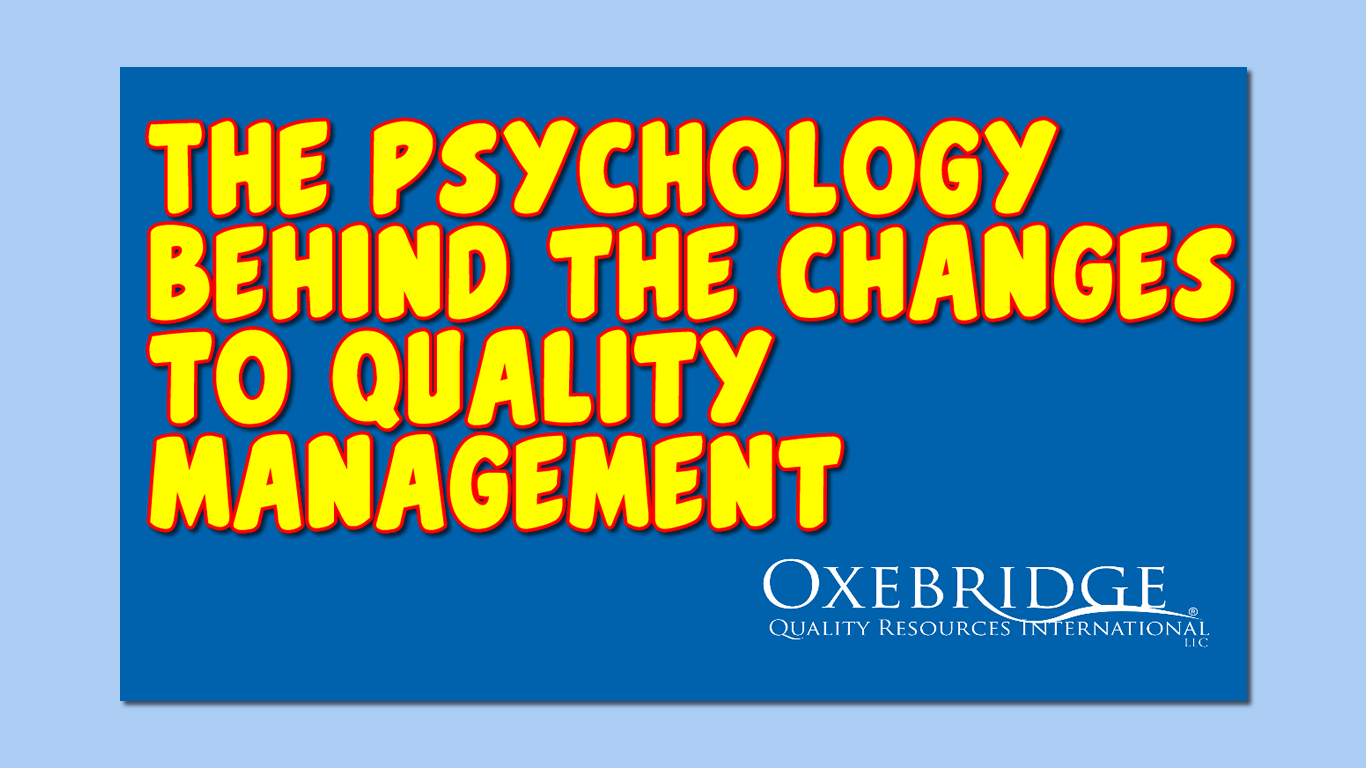[Updated; LRQA has provided a limited explanation, see update below.]
The Dutch accreditation body Raad voor Accreditatie (RvA) has suspended ISO 9001 registrar Lloyds Register QA (LRQA) across all its certifications, citing an “imposed suspension.”
The official listing on the RvA website only indicates that the suspension was triggered in November 2016 and was an “imposed suspension, complete scope.” This means the suspension was not voluntary, which sometimes occurs when CBs change accreditation bodies or stop offering services voluntarily. The fact that the suspension was imposed against LRQA’s entire offering of approximately 15 different RvA accredited certifications — such as ISO 9001, ISO 14001 and OHSAS 18001 — is rare.
Typically a full suspension would indicate a simple billing problem, such as when a registrar fails to pay necessary fees to its Accreditation Body on time, resulting in a temporary and automatic suspension until the fees are paid. In this case, industry sources indicate this is not likely the case, and that some other reason exists.
LRQA is still accredited throughout the world by other Accreditation Bodies, such as UKAS in the United Kingdom; this suspension only impacts on LRQA’s Dutch accreditations, and those clients who have LRQA certificates bearing the RvA logo. These are not limited, however, to clients in the Netherlands, as RvA accreditation is accepted worldwide.
Registrar DNV-GL is current under a partial suspension by RvA as well, dating back to September of 2016. That limited suspension impacted on DNV-GL certificates issued under the RvA logo in Japan and Korea.
Both LRQA and RvA indicated to Oxebridge they would follow up with more information, but have not done so.
Suspensions are rare in the ISO certification scheme, as certification bodies pay their accreditation bodies, and thus any suspension risks a dramatic impact on the AB’s revenue. LRQA has been at the heart of a number of serious complaints in recent years, and yet accreditation body UKAS has routinely sided with LRQA and failed to issue any suspensions in response.
Update 5 January 2017:
A representative from LRQA has (accidentally?) began discussing the suspension on LinkedIn, in response to a member’s request in a completely different conversation thread. Philippa Weare, the LRQA Global Communciations Director, said this about the suspension:
The temporary suspension is limited to only one of several accreditations that LRQA holds with RvA and only affects clients contracted through LRQA’s representative in the Netherlands, Lloyd’s Register Nederland B.V. All existing LRQA approvals issued to any organisation under RvA accreditation remain valid until their current expiry date. We are actively working with RvA to address the issues and secure the consequent lifting of the RvA suspension as soon as practical. The issues resulting in relation to the suspension by RvA are specific to the LRQA Netherlands operation and with recognition from almost 50 accreditation authorities worldwide, LRQA remains committed to accredited certification.”
The post included a closing quotation mark, but no opening mark, indicating it was likely copied and pasted from an official statement LRQA had previously sent. Weare later added an explanation for the suspension:
The temporary suspension is due to a failure to mutually agree corrective actions in response to accreditation audit findings raised by RvA.
The explanation doesn’t shed much light on the problem, since most suspensions are due to some disagreement on how to resolve nonconformities cited by a CB’s accreditation body. We still don’t know the nature of those problems, nor why it was serious enough for RvA to impact it on all of LRQA’s accreditations with them.
What’s problematic is that since LRQA has so many accreditations, with so many other Accreditation Bodies, it effectively creates a system whereby LRQA doesn’t really care what any single Accreditation Body does, since they can simply rely on their other ABs’ marks to ensure they maintain a perception of trust and validity.

![[Updated] Dutch Accreditation Council Suspended LRQA for Reasons Unknown](https://www.oxebridge.com/emma/wp-content/uploads/2016/12/rvalogo.jpg)






